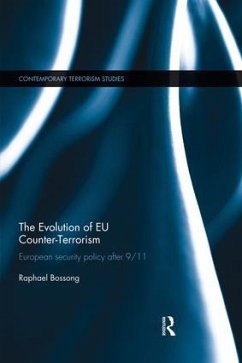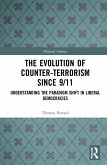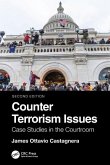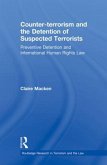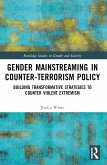This book traces the evolution of the EU's fight against terrorism from the late 1970s until the end of the first decade after 9/11. This historical analysis covers both EU-internal and international counterterrorism policies and features an in-depth account of the EU's reaction to the terrorist incidents in New York, Madrid and London. In the first few weeks after these incidents, the EU mobilised a complex but also incoherent set of policy measures, which significantly influenced the course of European security over the years. From a theoretical perspective, this volume argues that context-specific factors dominated over functionalist considerations in the EU's fight against terrorism. Building on frameworks from public policy analysis, the author demonstrates that EU institutions played a critical role as policy entrepreneurs, while the many security measures were chosen on the basis of timing rather than significance. Such short-term political dynamics also explain the implementation deficits and persistent imbalances in the EU's counterterrorism policy; limitations which still hinder its fight against international terrorism. This book will be of much interest to students of EU policy, counter-terrorism, European security, public administration, foreign policy, and IR in general.
Hinweis: Dieser Artikel kann nur an eine deutsche Lieferadresse ausgeliefert werden.
Hinweis: Dieser Artikel kann nur an eine deutsche Lieferadresse ausgeliefert werden.

